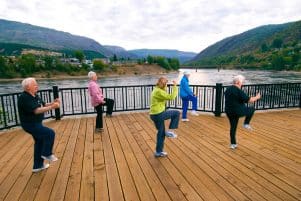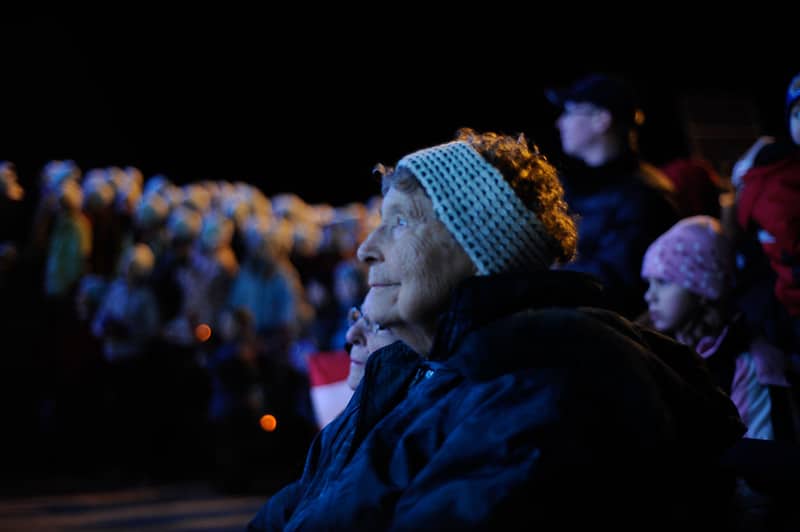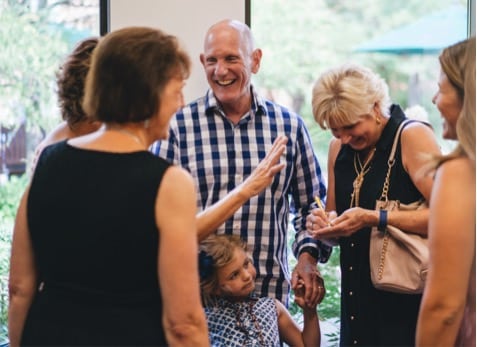
Keeping older adults safe and connected
As we navigate uncharted territory and attempt to keep up with new information, it’s hard to know what to do, but there are some things we can be doing right now.

As we navigate uncharted territory and attempt to keep up with new information, it’s hard to know what to do, but there are some things we can be doing right now.

Recently, the City of Rossland, in partnership with the neighbouring City of Trail and the Village of Montrose, embarked on a regional strategy to ensure that older adults can continue to be involved and active in their community into their later years. The communities recently worked together to complete their Age-Friendly Community Action Plans, ensuring the documents contained both aligned regional priorities and plans specific to each community’s needs.

“For a small community like Wells, keeping [older adults] in the community becomes even more important, because that’s a lot of our community history, it’s volunteerism, traditional knowledge, it’s the life of our local non-profits,” says Wylie Bystedt, Marketing and Community Economic Development Coordinator for Wells. The community of just over 200 put that knowledge to work in recent years, when it embarked on its Age-friendly assessment

The City of Cranbrook is taking steps to ensure that the city is ready to meet the needs of her demographic, which is projected to make up 41% of Cranbrook’s population by 2035. The city has recently released their Age-friendly Community Action Plan, a document which will help the city set priorities and lay out the next steps towards ensuring the city is safe and welcoming for older adults.

As older adults age-in-place, they require not only continued access to local services, community, culture, and family but also a place where they are safe, one that they can call home. Thanks to funding from the Age-friendly Communities Grant Program, the Village of Lytton has moved forward on a Housing Needs and Demands Study, with the goal of ensuring seniors and elders have the support they need to live to the fullest.

Organizations in Surrey have been reporting increases in the number phone calls from older adults who are struggling, and many were noticing more older adults living in tenuous housing situations, or worse, aging on the street. Surrey knew that they had to act.